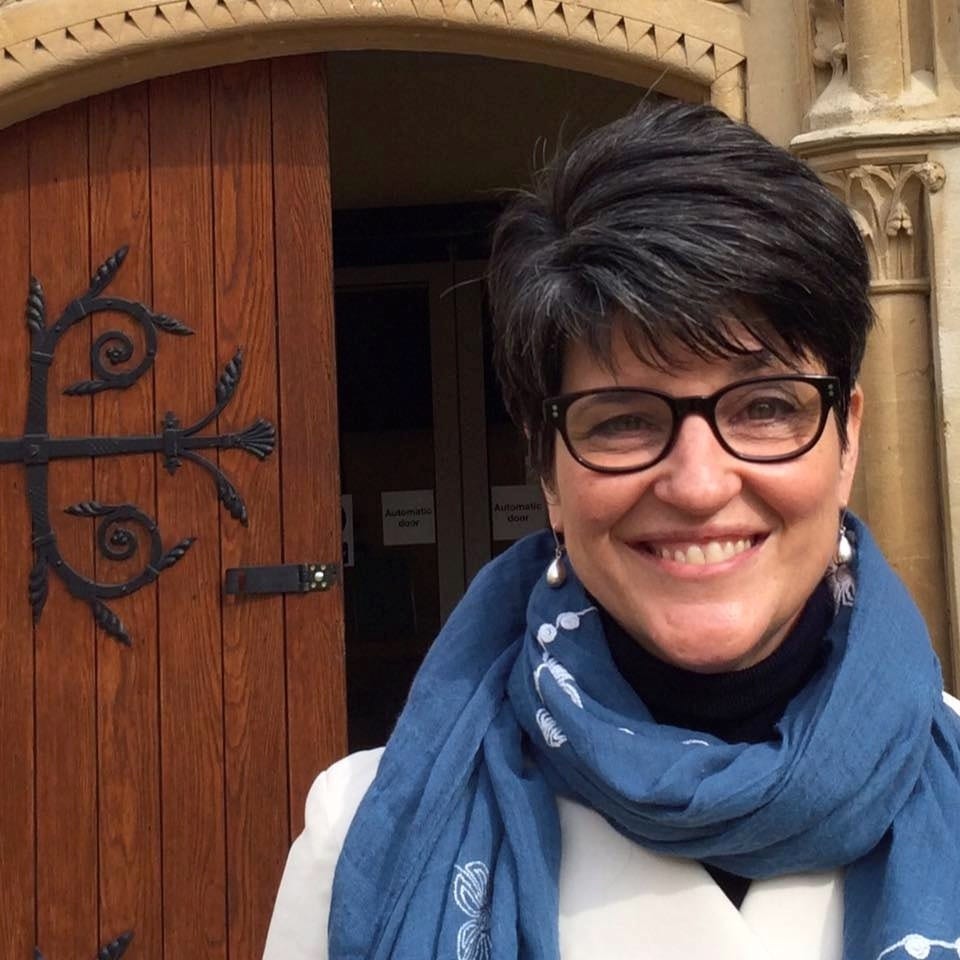Don’t miss our Academic Careers in the USA Event – 5pm Monday 20th May
By uczjsdd, on 14 May 2019

We often get asked (by you) about getting into academia in the US, so we’re shipping in a real expert to give you the lowdown. After spending 15 years as a tenured professor, department head, and university advisor, Karen is now an academic careers coach. Join us at the below event to get the benefit of her advice! Sign up via the links below.
‘Hacking the Job Market’: Academic Careers in USA
Lucas Lecture Theatre Strand Building KCL
Mon 20 May 2019, 5:00 PM to 7:00 PM
Sign up here: https://uclcareers.targetconnect.net/leap/event.html?id=3273&service=Careers+Service
Dr Karen Kelsky, author of The Professor is in will speak about the current American academic job market and offer tips for getting on to the much coveted tenure track. The event will begin with an interactive session by Kellee Weinhold (strategic communications and academic productivity coach for the Professor is In).
5.00pm- 6.00pm – Acing academic interviews
Kellee will move through standard interview questions, explaining common errors and weaknesses and providing examples of effective answers with attention to brevity, spin, word choice, tone, body language, and more in an interactive session
6.00pm-7.30pm – The US job market and how to hack it
Karen will walk you through the conditions of the current American job market, the most common mistakes made by job-seekers, and the ways you can maximize your chances of success while looking for a tenure-track job in a lecture style session.
Karen will cover:
-The big-picture conditions of the U.S. tenure track job market
-How to think like a search committee
-The four core qualities of a successful tenure track job candidate
-The all-important 5-Year Plan
-The ethos of job market documents
-The most common mistakes made by job seekers
-The three keys to academic interviewing
-The non-academic option
Karen also examines the pervasive intangible pitfalls that can bedevil job documents and interviewing, including narcissism, excessive humility, and hyper-emotionalism. You’ll leave with a broad understanding of the real (as opposed to fantasy) criteria of tenure track hiring, and how to tailor your record and application materials to maximize your chances of success. Finally, she will also touch on the current political situation and outlooks for US academia.
Sign up here: https://uclcareers.targetconnect.net/leap/event.html?id=3273&service=Careers+Service
 Close
Close


